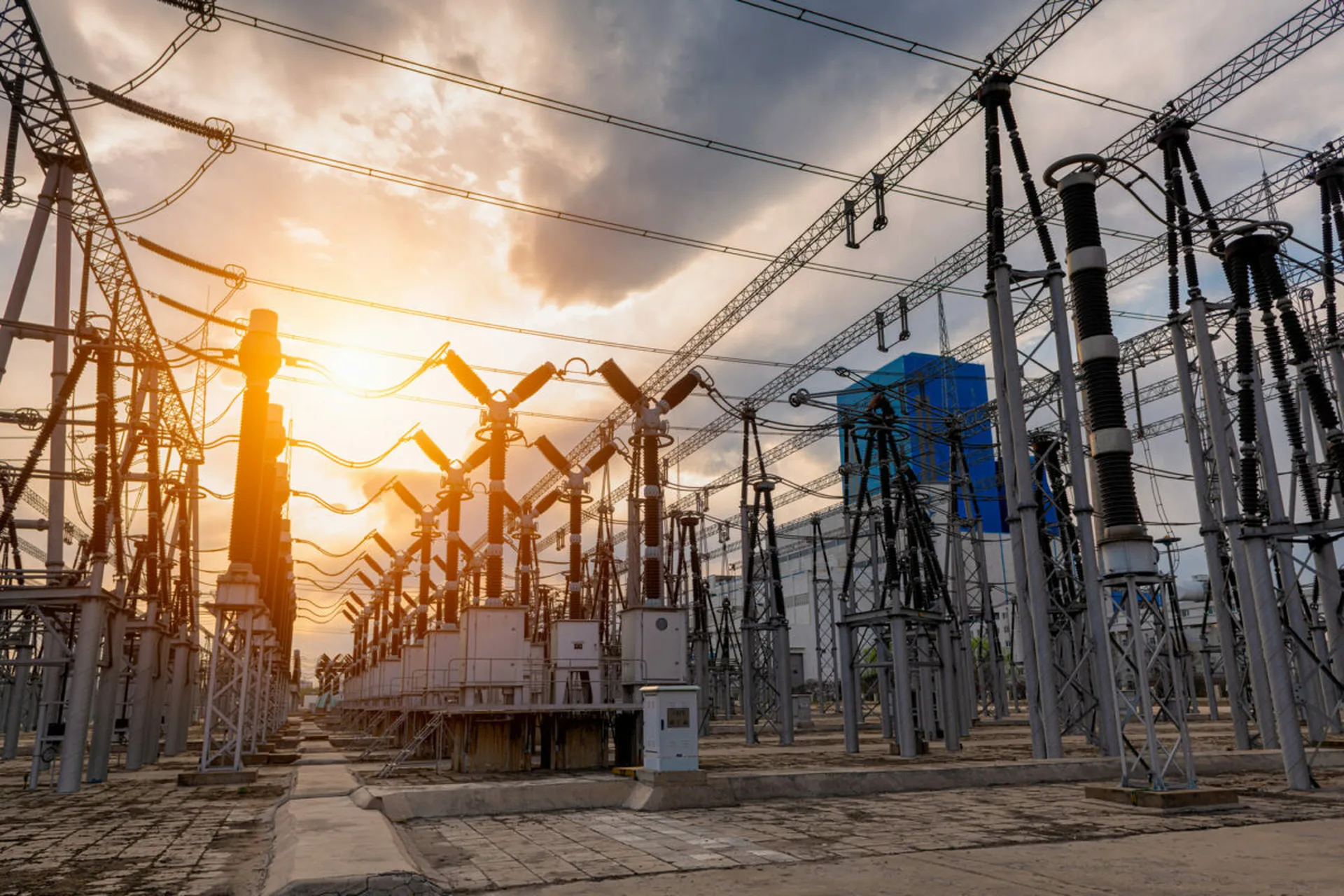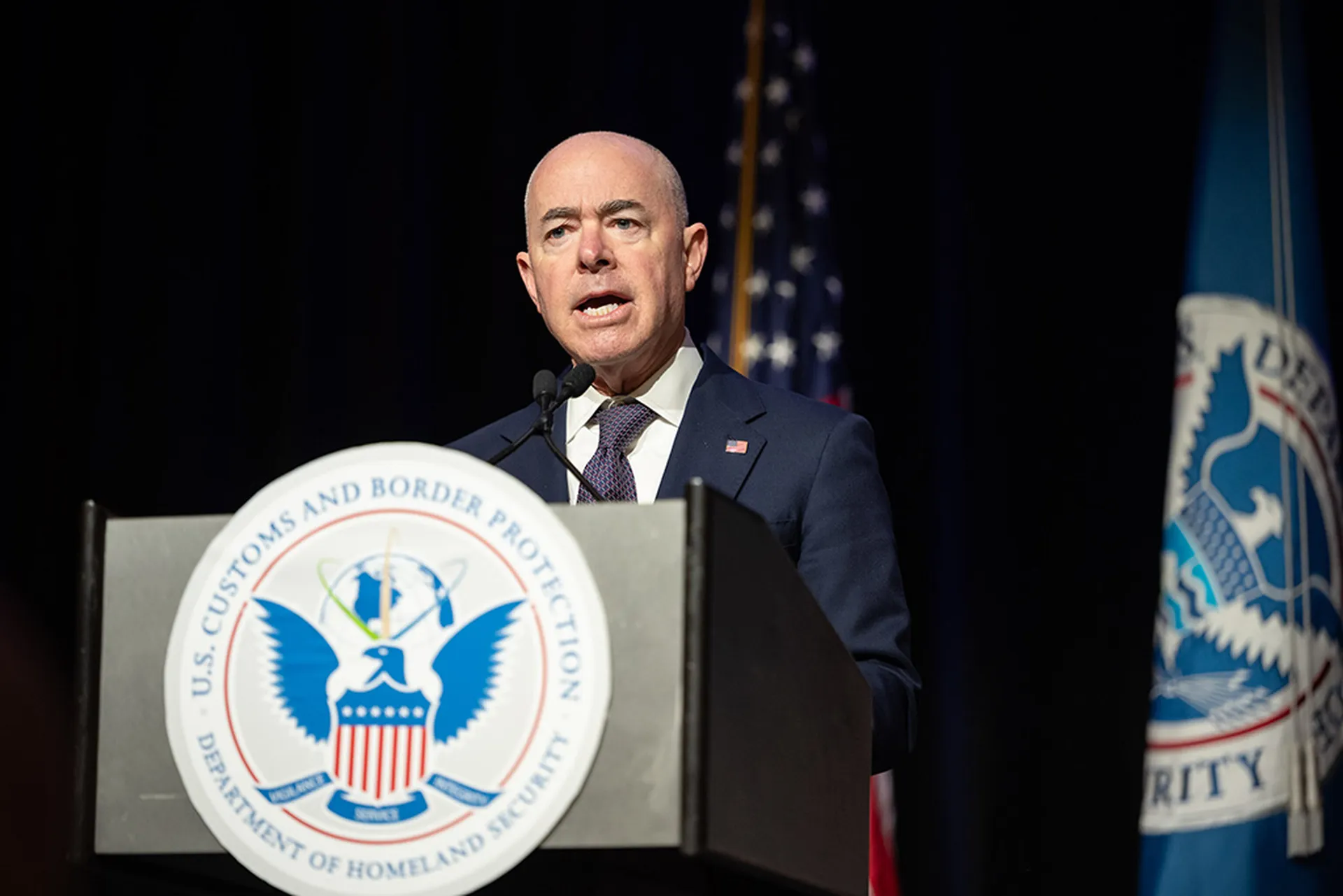The Department of Energy is putting $12 million in new grant funding behind six university-led cybersecurity research projects that look for innovative ways to securely build or design the nation’s next generation of energy systems.
According to the Department of Energy, each of the six projects will receive approximately $2 million and features a university team leading the effort alongside other academic, nonprofit and private sector partners.
Three of the projects primarily deal with building or designing artificial intelligence solutions that can automate parts of the cybersecurity operations for energy systems, help absorb cyberattacks without disrupting power and recover more quickly when they do.
Florida International University will work with North Carolina State University, the University of North Carolina, Duke Energy and the Raytheon Technologies Research Center on a $2 million project to develop artificial intelligence threat detection tools. Iowa State University (along with the University of Texas El Paso, the Electric Power Research Institute, Duke Energy, Alliant Energy, Google, OSISoft and SEL) will get another $2 million to work on resilient, AI-integrated technologies and solutions for cyber physical systems. Finally, Texas A&M’s Engineering Experiment Station will lead a project to use machine learning Rutgers University, Oregon State University , Network Perception, TDi Technologies, PSC Consulting and Electric Power Engineers.
The other three projects deal with enhancing the security of specific, critical systems relied on by energy owners and operators to keep the lights running.
New York University will partner with the SRI International, the New York Power Authority and Consolidated Edison for a new program, Tracking Real-time Anomalies in Power Systems (or TRAPS) that finds anomalous behavior on cyber physical systems in the energy sector and isolates those systems from the rest of the electric grid.
The University of Illinois at Chicago will lead a team to develop cybersecurity-focused designs for next generation solid state power substations. The school will be joined by researchers from that includes Iowa State University, the University of Arkansas, the Illinois Institute of Technology, the Electric Power Research Institute, NextWatt LLC, Eaton and ENER-i.
A team led by Virginia Tech will work to build a two-part system for enhancing the cybersecurity resilience of substations. One part would be responsible for detecting and mitigating cyber incidents while the second part would ensure that critical functions endure and communications over the system are secure. The team also includes researchers from the University of Michigan-Dearborn, Southern Company Services and GW Grid Solutions.
“As the chairman of the Senate Intelligence Committee, no issue keeps me up at night more than our nation’s cyber vulnerabilities — especially those that may exist within the critical infrastructure sectors that power our nation," Sen. Mark Warner, D-Va., said in a statement. "I’m thrilled to see these federal dollars go towards supporting Virginia Tech in developing cutting-edge tools to strengthen the cyber defenses of our electric power systems.”




